

Installing a DIY pool in your backyard can bring a multitude of benefits. Not only does it provide you with a refreshing and relaxing space to cool off during the hot summer months, but it also adds value to your property. DIY pools are cost-effective as they eliminate the need for hiring expensive contractors, saving you money in the long run.
By taking on the project yourself, you have full control over the design and size of your pool, allowing you to customize it to fit your specific needs and preferences. You can choose the shape, depth, and features that best suit your lifestyle, creating a one-of-a-kind oasis right in your own backyard.
Furthermore, DIY pools are relatively easy to install with the right tools and guidance. There are plenty of resources available online that provide step-by-step instructions and video tutorials to help you through the process. This hands-on approach not only gives you a sense of accomplishment but also allows you to learn new skills and gain valuable experience in home improvement projects.
In addition, DIY pools offer the flexibility to work at your own pace and schedule, avoiding any delays or inconveniences that may arise when working with contractors. You can take as much time as needed to complete the project without feeling rushed or pressured by external deadlines.
Overall, installing a DIY pool is a rewarding experience that not only enhances your outdoor living space but also provides countless hours of enjoyment for you and your family. So why wait? Take the plunge and start building your dream pool today!
Building a DIY pool in Australia can be a rewarding project, but it requires the right tools and materials to ensure success. The necessary tools for building a DIY pool include a shovel for excavation, a level for ensuring the ground is even, a tape measure for accurate measurements, and a wheelbarrow for transporting materials.
In addition to tools, you will also need various materials such as concrete or fiberglass for the pool shell, PVC piping for plumbing, pool liners to keep water contained, and decking material for the area surrounding the pool. It's important to use high-quality materials that are designed specifically for pools to ensure durability and longevity.
When planning your DIY pool project in Australia, make sure to carefully research and gather all necessary tools and materials before beginning construction. By having everything you need on hand, you can streamline the building process and avoid unnecessary delays or setbacks.
Remember that safety should always be a top priority when building a DIY pool. Make sure to wear protective gear such as gloves and goggles, follow all manufacturer instructions when using tools and materials, and consult with professionals if needed. With the right tools and materials, along with proper planning and precautions, you can create a beautiful DIY pool in Australia that you can enjoy for years to come.
Neerabup is a rural locality in Perth, the capital of Western Australia, within the local government area of the City of Wanneroo.
Prior to European settlement, the Noongar people had lived in the area for more than 40,000 years, taking advantage of the abundant food and water around the chain of wetlands on the coastal plain. In winter, they moved eastwards away from coastal weather, to return in summer as inland supplies dried up. The Mooro people (led by elder Yellagonga during the early years of European settlement) stretched from the Moore River near Guilderton to what is now the Perth central business district, and used to move between Lakes Joondalup, Neerabup and Yanchep.
In 1865, European settlers established the Aboriginal tracks as a stock route from Dongara to Fremantle, travelling along the west side of the lakes. Lake Neerabup was first recorded by surveyor J. Cowle in 1867, the name being a Noongar word which possibly means "swampy place" or "small basin". The part of the stock route between Joondalup and Yanchep is now part of the Yaberoo Budjara Heritage Trail, part of the Bicentennial Heritage Trails Network established in 1988.
The area was often spelled Neerabub, especially by postal and telecommunications authorities, until as recently as the 1960s. It was approved as a suburb name in 1982.
Neerabup is bounded by Wattle Avenue to the north, the Mitchell Freeway to the west, Pinjar Road to the east and Flynn Drive and Burns Beach Road to the south.
Neerabup's population was not measured at the 2001 Australian census.
Neerabup is a sparsely populated agricultural suburb. Several plant nurseries, a fruit and vegetable shop at Menchetti Road and the Neerabup Lake wetland are situated along Wanneroo Road. The western strip between Wanneroo Road and the proposed Mitchell Freeway is approximately the southern half of the Neerabup National Park. The area also contains a golf course, small wineries, a small industrial area on Flynn Drive and several sand and limestone quarries.
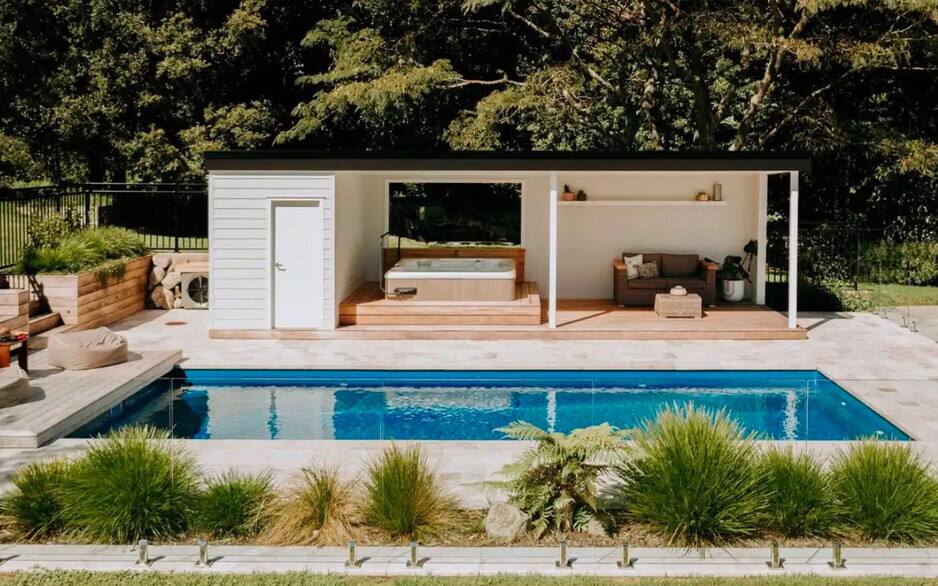
Choosing to install a DIY pool over hiring professionals in Australia can offer a range of benefits, one of the most significant being the potential for higher resale value of your home.. By taking on the project yourself, you have the opportunity to save on labor costs and invest more money into high-quality materials and equipment for your pool.
Posted by on 2024-11-24
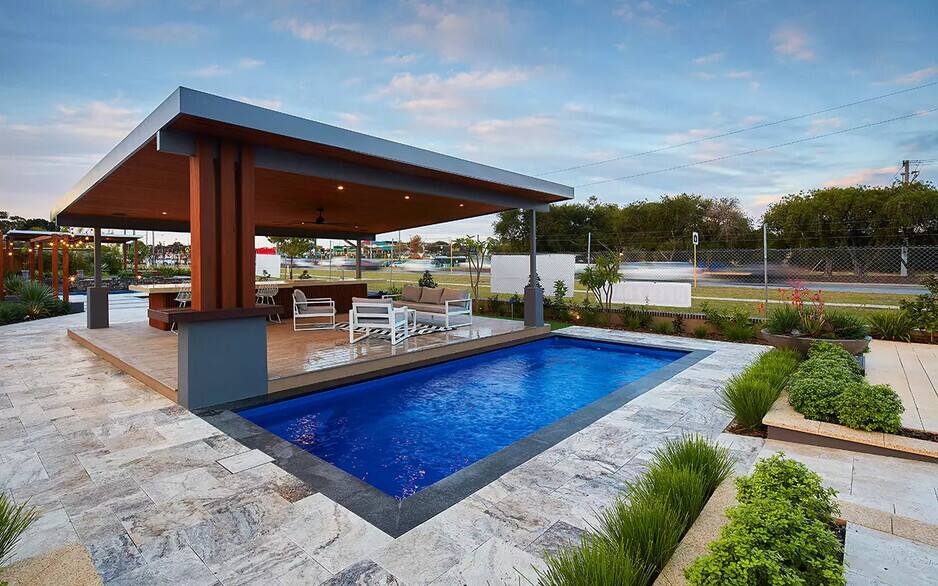
When it comes to installing a DIY pool in Australia, the process for obtaining permits is crucial.. One of the key steps in this process is completing final inspections and obtaining a certificate of compliance.
Posted by on 2024-11-24
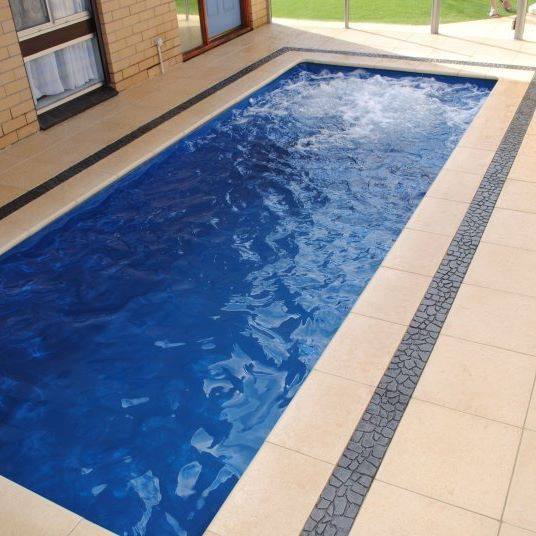
When considering the best location for installing a DIY pool in Australia, one of the key factors to take into account is cost.. Different locations within Australia can have varying costs associated with installing a pool due to factors such as land availability, soil conditions, and labor expenses. In urban areas like Sydney or Melbourne, the cost of installing a pool may be higher compared to regional areas due to higher land prices and limited space for construction.
Posted by on 2024-11-24
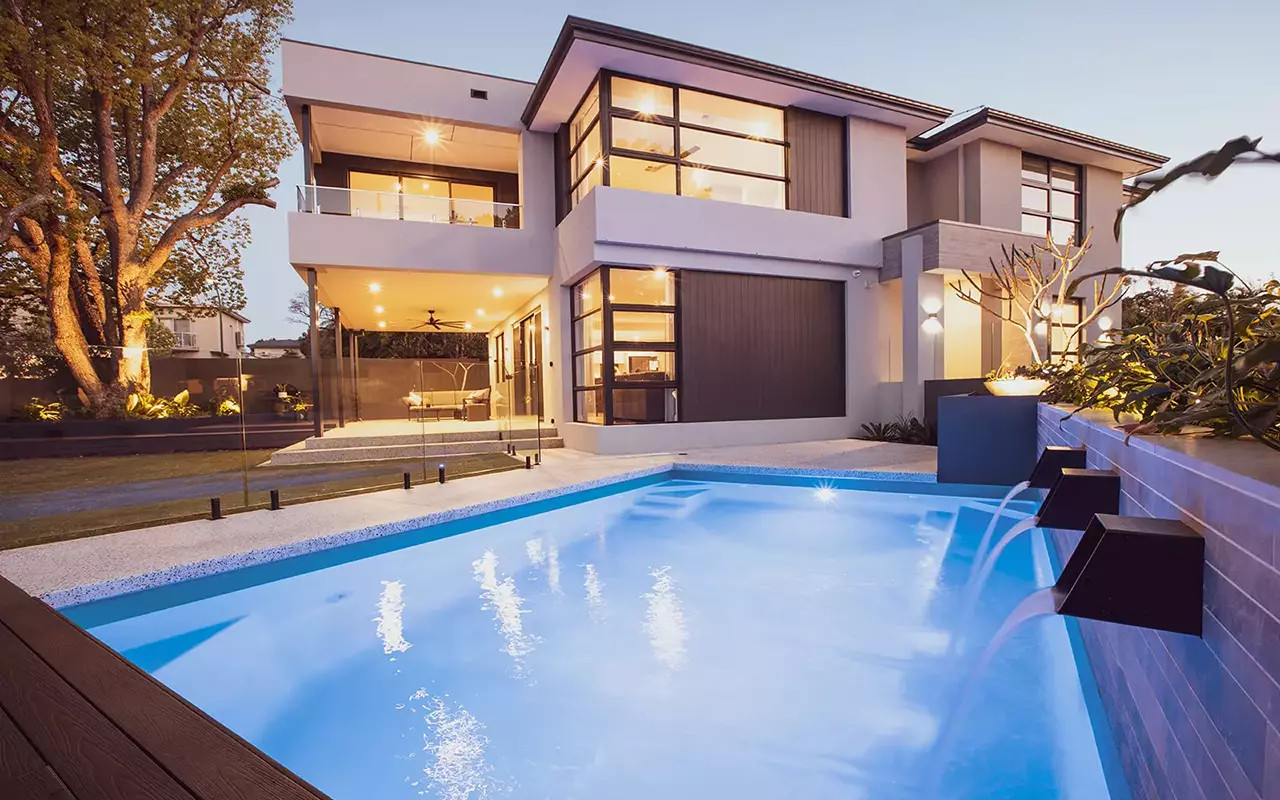
Building a DIY pool in Australia can be a fun and rewarding project, but it's important to keep costs in mind.. Here are some tips for saving money on DIY pool construction: Research and plan carefully: Before you start building your pool, make sure to do thorough research on the materials and equipment you will need.
Posted by on 2024-11-24
DIY Fibreglass Pools offer an affordable and flexible way to create your dream backyard oasis. By taking a hands-on approach, you can save significantly on installation costs while still enjoying a high-quality, durable fibreglass pool. Our DIY kits come with everything you need, including the pool shell, plumbing fittings, and clear instructions to guide you through the process. Whether you’re an experienced DIYer or a first-timer, we provide support at every step, ensuring a seamless installation. With a range of pool sizes, shapes, and finishes available, you can customize your pool to suit your space and lifestyle. Create a beautiful, cost-effective retreat in your backyard with a DIY fibreglass pool.
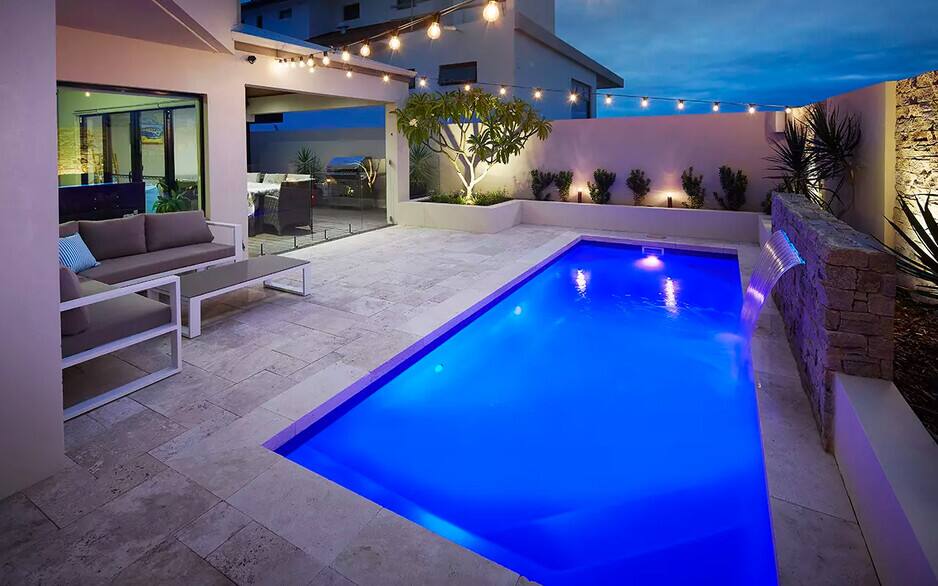

Installing a DIY Fibreglass Pool is easier than you might think, thanks to our comprehensive kits and clear instructions. Our process guides you through every step, from excavation and pool shell placement to plumbing and final finishing touches. With the lightweight and durable nature of fibreglass pools, installation is faster and more straightforward than traditional concrete pools. We also provide professional support to answer any questions and ensure your project runs smoothly. By handling the installation yourself, you can save significantly on costs while creating a stunning, long-lasting pool for your backyard. Dive into the satisfaction of completing your pool installation with our expert guidance.
Our DIY Fibreglass Pool Kits include everything you need to create your dream pool, making the installation process simple and straightforward. Each kit comes with a high-quality fibreglass pool shell, plumbing fittings, filtration systems, and detailed step-by-step instructions. Whether you’re an experienced DIYer or a first-timer, our kits are designed to ensure you can confidently manage the project from start to finish. By choosing a DIY kit, you not only save on labor costs but also enjoy the flexibility of installing the pool at your own pace. With a wide range of shapes, sizes, and finishes available, you can design a pool that perfectly suits your backyard and lifestyle. Start your DIY pool journey today and create a stunning addition to your home.


DIY Fibreglass Pools offer a cost-effective solution for adding a pool to your backyard without breaking the bank. By choosing a DIY approach, you eliminate labor costs associated with professional installation, significantly reducing your overall expenses. The primary costs include the fibreglass pool shell, plumbing components, filtration systems, and any necessary equipment for site preparation. Our DIY kits are competitively priced and include everything you need to complete the project, ensuring no hidden surprises. While DIY installation saves money, it also gives you flexibility to work at your own pace. Create your dream pool without the hefty price tag by choosing a budget-friendly DIY fibreglass pool.
One of the biggest advantages of fibreglass pools is their low-maintenance nature, making them a hassle-free option for pool owners. The smooth, non-porous surface of fibreglass resists algae growth and minimizes the need for frequent cleaning. Routine maintenance includes regular water testing to ensure proper chemical balance, occasional brushing to prevent buildup, and cleaning the pool filter to keep your water sparkling. Fibreglass pools are also less prone to cracking or surface damage, reducing costly repairs. With minimal effort, you can maintain a pristine pool that remains a centerpiece of your backyard for years. Enjoy more time swimming and less time maintaining with a fibreglass pool.
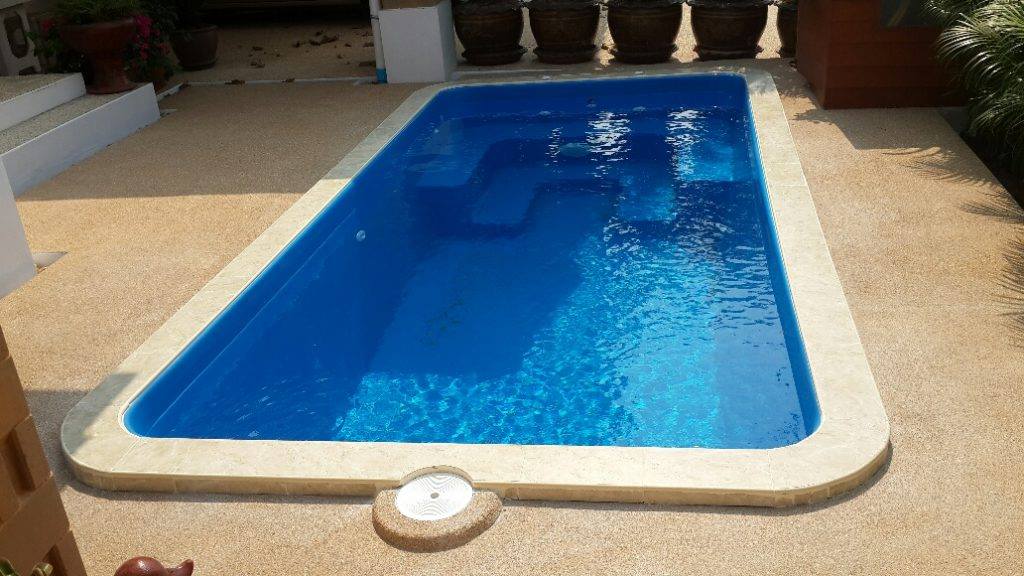
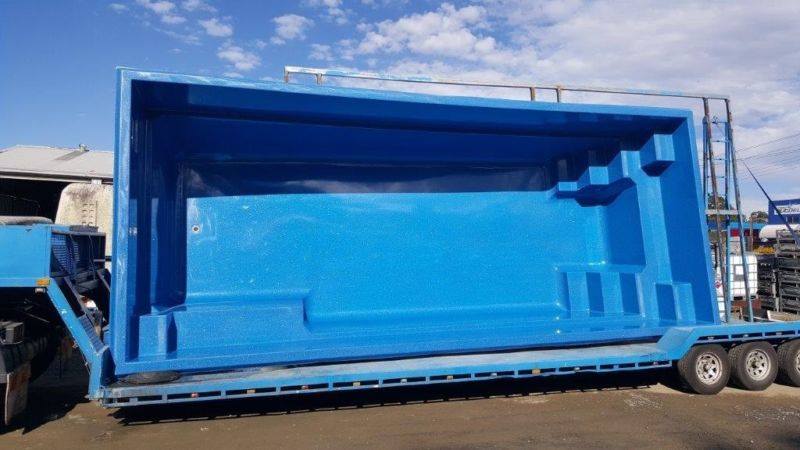
When it comes to durability, both fibreglass and concrete pools have distinct advantages. Fibreglass pools are pre-fabricated with a strong, flexible shell that resists cracking and is less prone to wear and tear over time. Their smooth, gel-coated surface prevents algae buildup, reducing maintenance and chemical usage. In contrast, concrete pools are highly durable but can require resurfacing every 10-15 years to prevent cracking and staining. Concrete pools are more suitable for those seeking a custom shape or size, while fibreglass offers a low-maintenance solution with faster installation. Choosing between fibreglass and concrete depends on your priorities for long-term durability and upkeep.
| Neerabup Perth, Western Australia | |||||||||||||||
|---|---|---|---|---|---|---|---|---|---|---|---|---|---|---|---|
 Agricultural land on Wattle Avenue | |||||||||||||||
 | |||||||||||||||
| Coordinates | 31°41′28″S 115°46′37″E / 31.691°S 115.777°E | ||||||||||||||
| Population | 112 (SAL 2021)[1] | ||||||||||||||
| Postcode(s) | 6031 | ||||||||||||||
| Area | 34 km2 (13.1 sq mi) | ||||||||||||||
| Location | 36 km (22 mi) from Perth CBD | ||||||||||||||
| LGA(s) | City of Wanneroo | ||||||||||||||
| State electorate(s) | Mindarie | ||||||||||||||
| Federal division(s) | Pearce | ||||||||||||||
| |||||||||||||||
Neerabup is a rural locality in Perth, the capital of Western Australia, within the local government area of the City of Wanneroo.
Prior to European settlement, the Noongar people had lived in the area for more than 40,000 years, taking advantage of the abundant food and water around the chain of wetlands on the coastal plain. In winter, they moved eastwards away from coastal weather, to return in summer as inland supplies dried up. The Mooro people (led by elder Yellagonga during the early years of European settlement) stretched from the Moore River near Guilderton to what is now the Perth central business district, and used to move between Lakes Joondalup, Neerabup and Yanchep.
In 1865, European settlers established the Aboriginal tracks as a stock route from Dongara to Fremantle, travelling along the west side of the lakes. Lake Neerabup was first recorded by surveyor J. Cowle in 1867, the name being a Noongar word which possibly means "swampy place" or "small basin". The part of the stock route between Joondalup and Yanchep is now part of the Yaberoo Budjara Heritage Trail, part of the Bicentennial Heritage Trails Network established in 1988.[2]
The area was often spelled Neerabub, especially by postal and telecommunications authorities, until as recently as the 1960s. It was approved as a suburb name in 1982.[3]
Neerabup is bounded by Wattle Avenue to the north, the Mitchell Freeway to the west, Pinjar Road to the east and Flynn Drive and Burns Beach Road to the south.[4]
Neerabup's population was not measured at the 2001 Australian census.[5]
Neerabup is a sparsely populated agricultural suburb. Several plant nurseries, a fruit and vegetable shop at Menchetti Road and the Neerabup Lake wetland are situated along Wanneroo Road. The western strip between Wanneroo Road and the proposed Mitchell Freeway is approximately the southern half of the Neerabup National Park. The area also contains a golf course, small wineries, a small industrial area on Flynn Drive and several sand and limestone quarries.
Neerabup is home to the Wanneroo Raceway, a 2,411-metre (1.498 mi) road racing circuit. Wanneroo Raceway, which opened in 1969, is the home of motor racing in Western Australia and hosts an annual round of the Supercars Championship.
Neerabup is also home to the Pinjar Park Speedway which opened in 2005. Pinjar Park is a 142-metre (155 yd) Motorcycle speedway which regularly hosts national and international meetings and caters to both senior and junior solo and sidecar racing. Pinjar Park is considered small for a speedway in Australia, with most tracks around the country ranging from 350 metres (380 yd) to 600 metres (660 yd) in length. For the bikes, the speedway replaced the old 550-metre (600 yd) Claremont Speedway which had run from 1927 until 2000, and the Bibra Lake Speedway which closed in 2004.
Neerabup is not served by public transport. The nearest Transperth bus service is the 391 between Joondalup train station and Carramar 2 kilometres (1.2 mi) to the south. These services are operated by Swan Transit.
Neerabup's political leanings are unclear due to its small size and the lack of a polling booth. The nearest large booths tend to favour the Australian Labor Party historically, although most have been won by the Coalition in recent times, especially at federal level.
Many companies offer customizable options for DIY pools in Australia, allowing you to choose features such as shape, depth, and accessories.